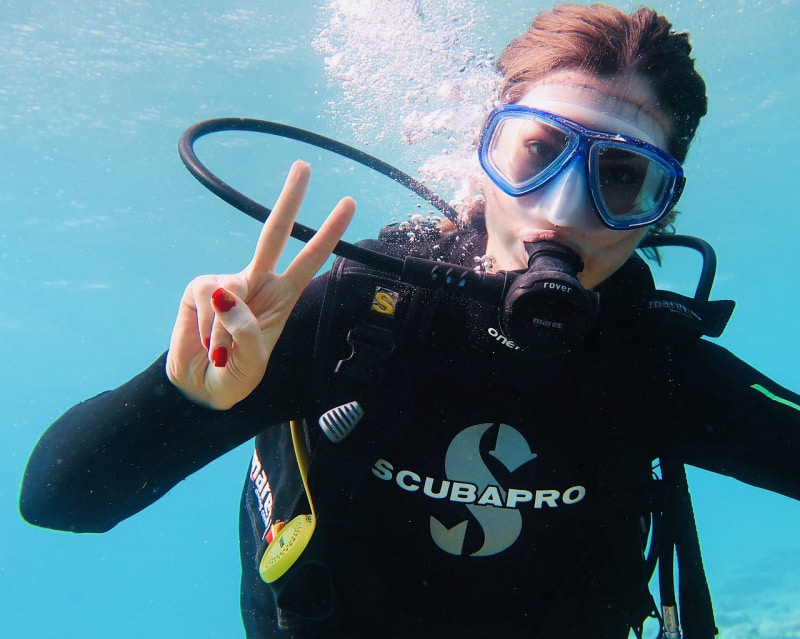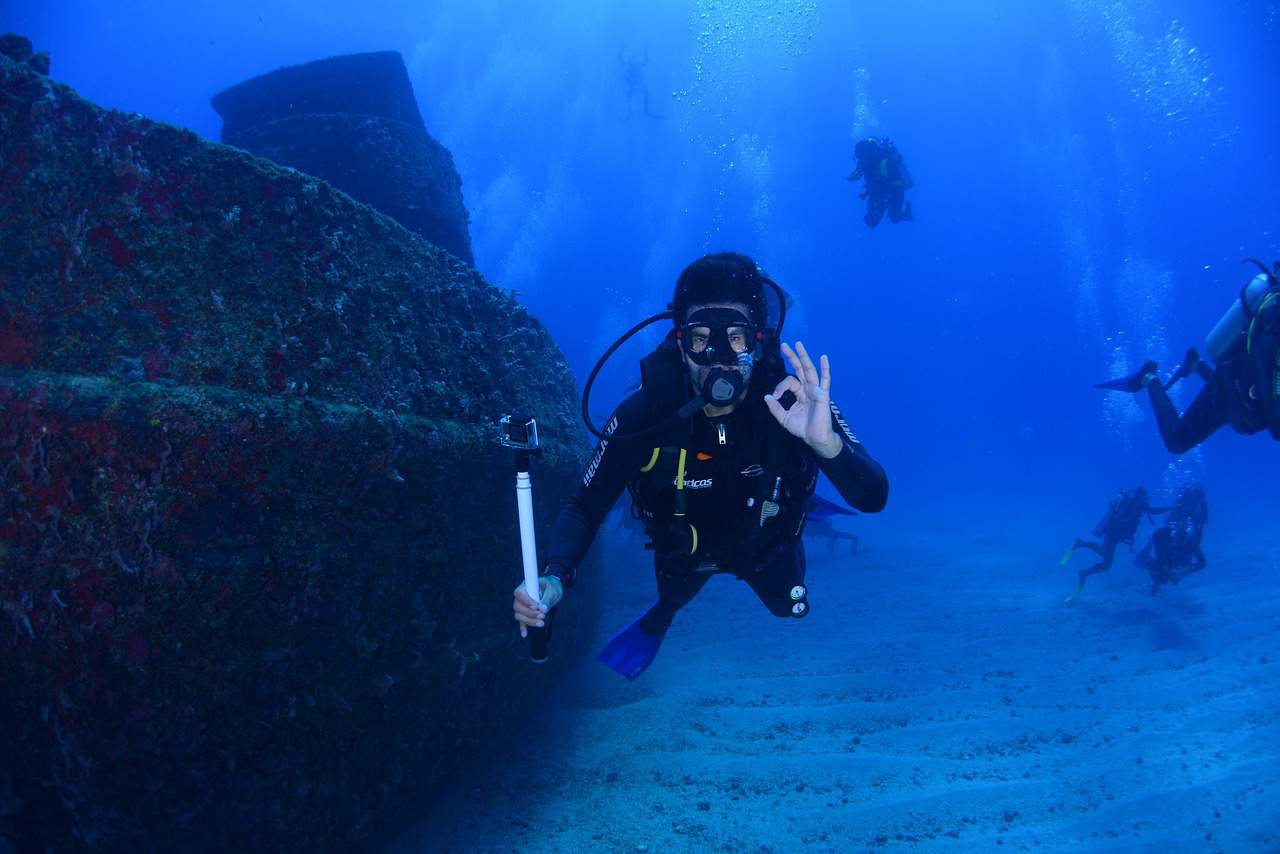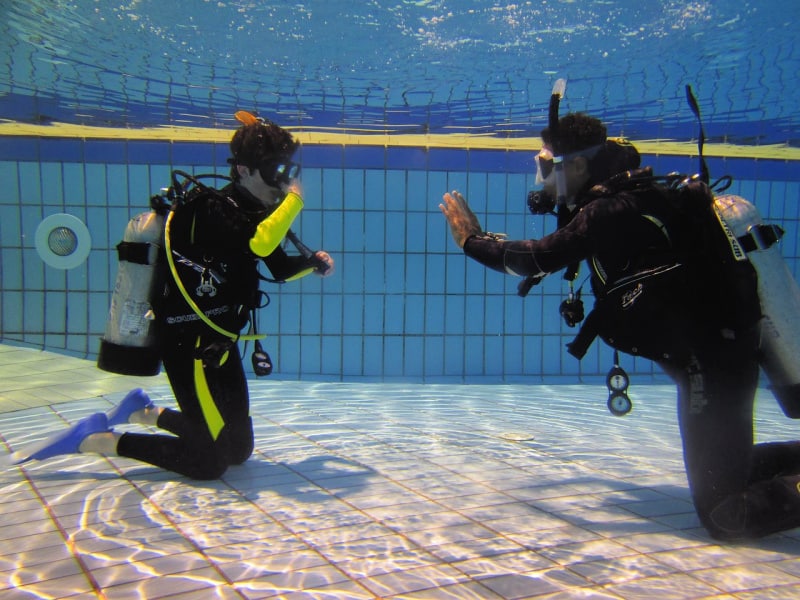Are you ready to take the plunge again? Read our scuba diving refresher tips to recapture the thrill of underwater diving and experience the undersea world of diverse and colorful marine life.

Restart Diving with These Scuba Diving Refresher Tips
Table of Contents
Underwater diving has attracted mankind since discover a living world under the seas. SCUBA is an abbreviation for Self Contained Underwater Breathing Apparatus, in other words, equipment to allow us to breathe underwater.
It’s hard to capture the thrill of scuba diving in words unless you have done it yourself. You descend into a seemingly beautifully mysterious and different underwater world with an apparatus attached to your back. But what if you have not done diving for a while and are looking to get back into it? Can you do that right away?
If you have been away from the sport for six months or more, you will probably need to take a scuba diving refresher course.
Even if you don’t, follow these scuba diving refresher tips for diving with the proper safety and precaution. Here are some basics to get back in the game.
Read More: Too Old to Dive? Scuba Diving Tips for Over 50
Don’t forget to clean your mask.

Before using your new mask, prepare it by removing the silicon film on the lens to prevent fogging. Do that by applying baby shampoo around the lens and edges of the mask. Then rinse it in warm water and repeat the process two to three times.
At times, you may need to clean your cover during diving. To do that, lift it a little from your upper lip to release some air. Blow air from your nose continuously while looking up. To ensure that your mask has no water inside, release the pressure from the top and open your eye slightly.
Check your scuba gear thoroughly. Every time.
Your scuba gear should have every piece of equipment indispensable to diving, including fins, snorkel, mask, wetsuit, buoyancy compensator device (BCD), dive computers, and a scuba tank. Ask your instructor to help you out with assembling the gear. Wear your fins properly and ensure that the air regulator is in good condition. You should check the hoses for any leaks. The gauge should face the ground while assembling the valve to prevent the glass cover from being shattered. You should also ensure that the gear is tightly secured to stop it from dangling all over the place.
Learn the essential scuba signals.

Since you will be underwater and use sign language to communicate, you should know the basics.
Some of these signs mean okay, big okay, return to the boat, air problems, clueless, turn round, and half-full tank. You should be thoroughly acquainted with these signs, not just for your safety but for the protection of others who may be diving alongside you.
Know how to equalize your ears.

Equalizing the ears is a method whereby the pressure inside the ears matches the pressure outside. It should be done several hours before you go diving and involves opening the Eustachian tubes. Pinch your nose and try blowing air slowly. Any air that is trapped inside will escape, thus reducing the pressure.
Not equalizing may lead your eardrums to rupture with the increasing force as you descend and lead to other serious consequences.
Remember the BWRAF at all times.

The acronym BWRAF means buoyancy, weights, releases, air, and final check. This is the pre-dive buddy check to ensure that everything is in proper condition before you begin your dive. The drill involves checking the BCD inflator button, weight belts, tank straps, cylinder value, and air monitoring device.
Finally, you should do a head-to-toe check to ensure that everything is in place before you go diving.
The main thing to remember with scuba diving is that your safety is the most important. Do not go diving on your own and don’t be tempted into buying diving gear and simply giving it a go without the proper training. Research some good diving schools if you want to go scuba diving.
These are some of the scuba diving refresher tips that you should remember before you go diving again. Look for adventure with your safety as the number one priority. These tips will ensure that you are safe while having the time of your life underwater!
